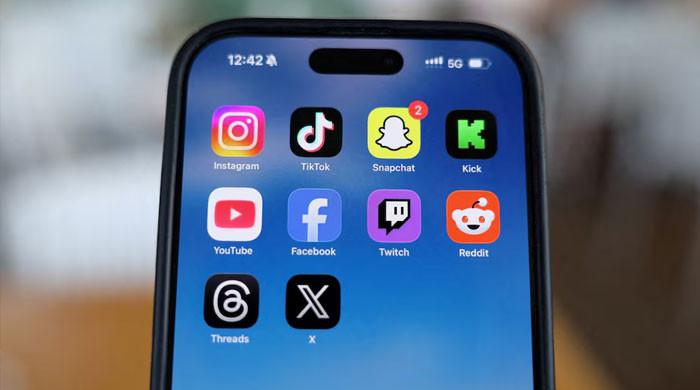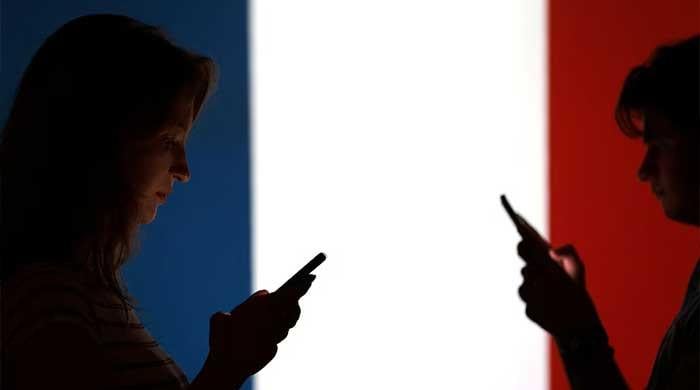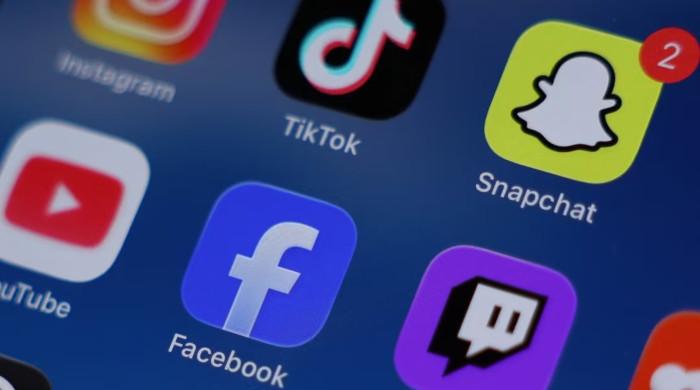Is your social media habit an addiction?
Research attempts to identify if Facebook, Twitter and other social media users have an 'attentional bias'
April 17, 2021

There have recently been many concerns about the frequency of social media use, especially among young people, with several users attempting to do a "social media detox" during the ongoing coronavirus pandemic.
Researchers working in the field of addictions have started to assess whether social media engagement might be an activity which could cross a threshold from frequent use to addictive behaviour, according to a news report by The Conversation.
The publication highlights a study on whether people who use social media a lot display one key aspect of addiction – something called an attentional bias.
Attentional bias
Addictive behaviours for both chemical substances (such as alcohol) and non-chemical substances (such as gambling) give rise to similar symptoms and behaviours.
Read more: Twitter down: Company says ‘working on fixing a problem’
One of the most prominent of these addictive characteristics is an “attentional bias” to addiction related objects, images, and paraphernalia. Those addicted to smoking, for example, are more likely to have their attention captured by cigarettes and other smoking related stimuli.
Research led by University of Strathclyde student Katie Thomson attempted to identify if this kind of attentional bias was evident in social media users.
Around a 100 participants were given mock iPhone displays, and asked to detect a target app (Siri or camera) as quickly and accurately as they could, while trying hard to ignore the other apps in the display.
On some of the experimental trials, the “distractor apps” were not social media apps at all. In others, one of the distractors was the social media app icon of one of the main platforms – Facebook, Twitter, Instagram, Snapchat.
Read more: Twitter, Facebook, YouTube, WhatsApp, Telegram restored in Pakistan
The idea was to assess whether users who reported the greatest level of use and engagement with social media were more likely to have their attention captured by the social media distractor apps – with or without notifications – compared to those who displayed more typical levels of use.
Distracted?
The findings, however, did not show an attentional bias.
For example, those who checked and posted on Facebook 10 times a day were not any more likely to have their attention captured by the Facebook distractor app – with notifications or not – compared to someone who only posted and checked their Facebook account once a week.
"Research on the effects of social media on users’ health and behaviour is still relatively new. But our study provides some evidence to support the side of the debate which suggests that we must be careful not to “over-pathologise” social media use," the publication reported.











